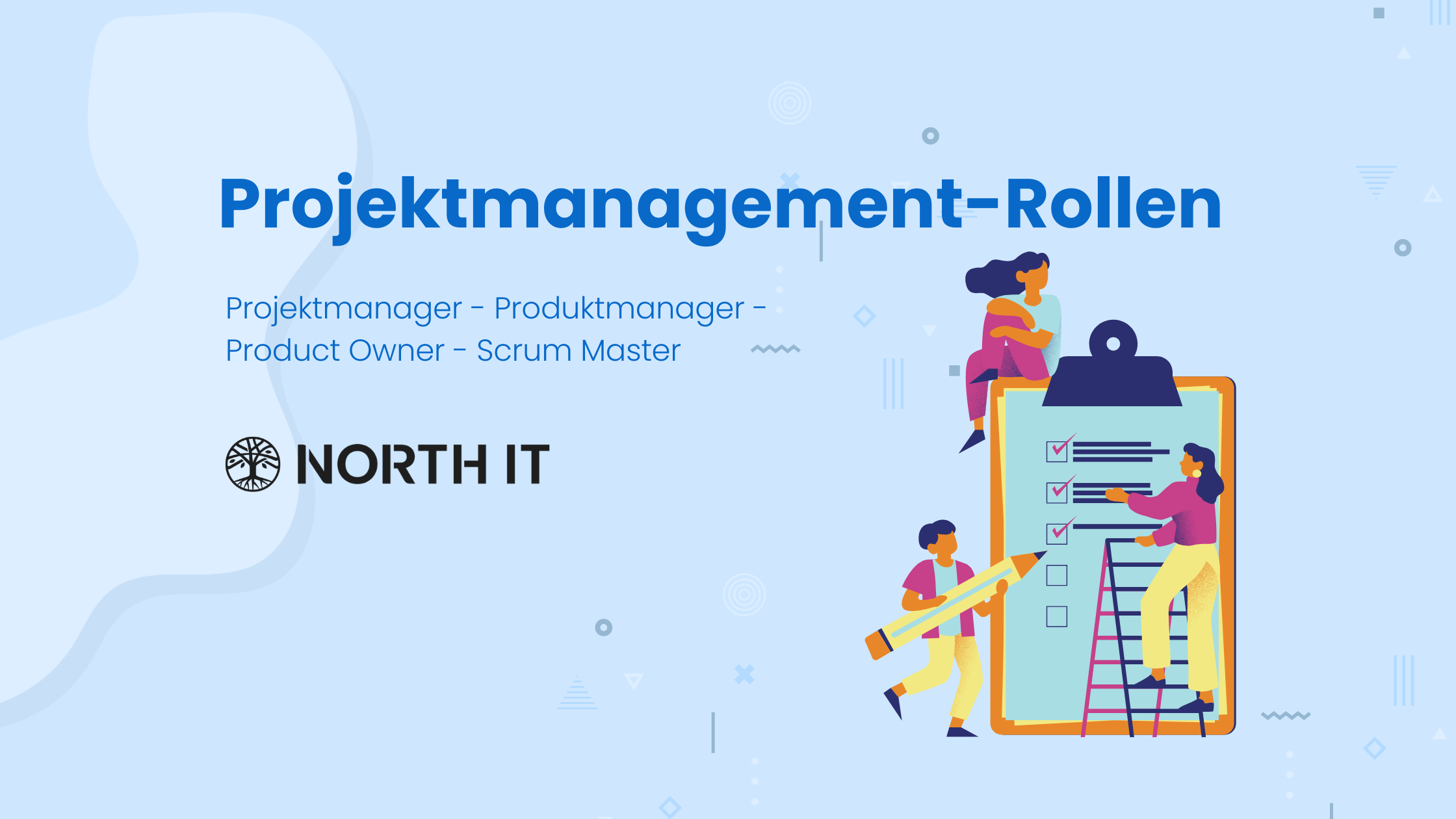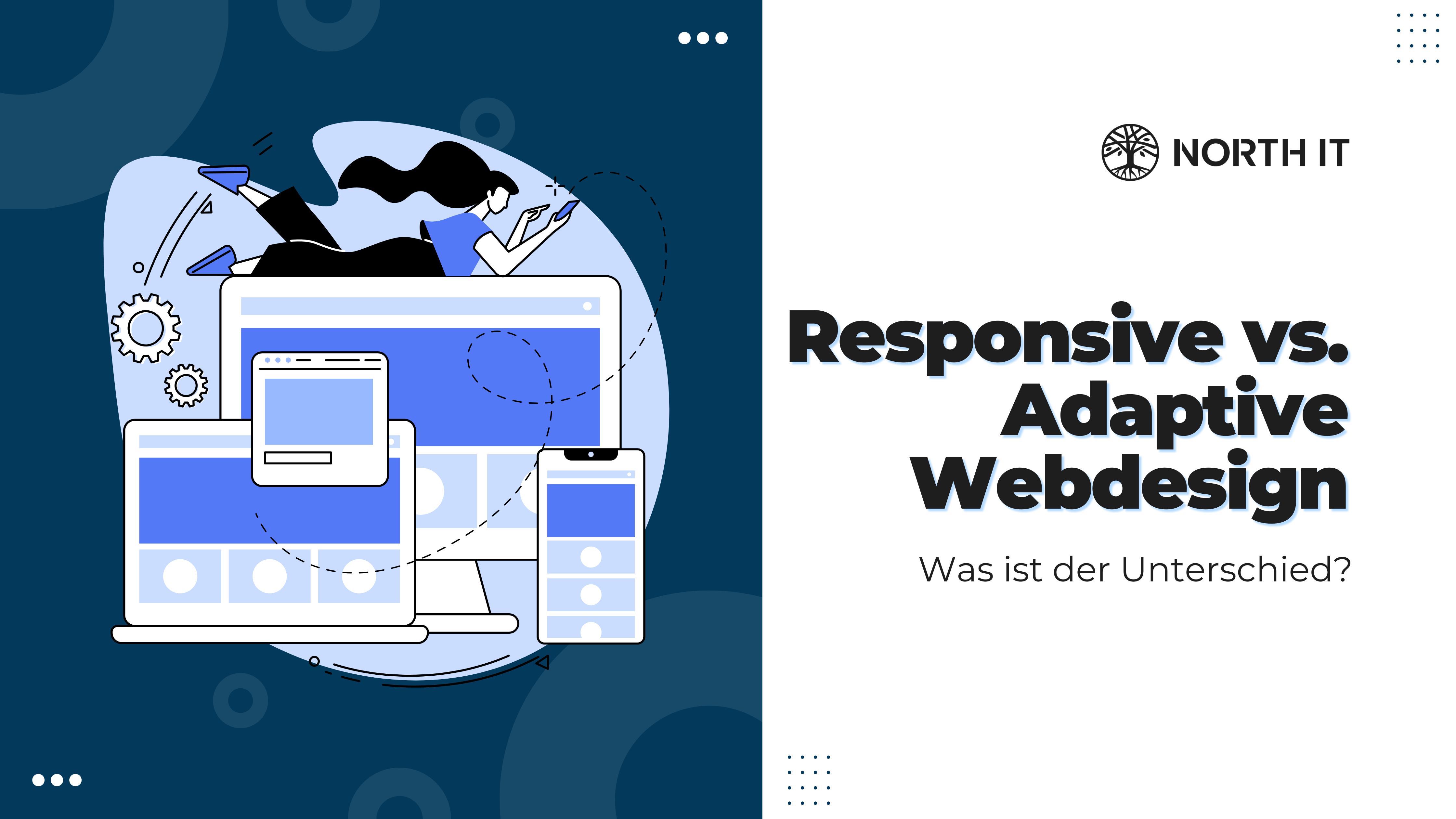Data Mining – Introduction, Overview, Opportunities & Risks
In the era of digitalization, data is the gold of the 21st century. It is the raw material that can offer enormous benefits to companies through proper use and analysis. One method to fully exploit the potential of data is data mining. But what exactly is data mining? What opportunities and risks does it entail, and how can it be applied in practice?
What you need to know:
- Data mining is the process of discovering patterns and relationships in large data sets.
- It can be used to improve business processes, reduce risk, and increase revenue.
- The technology behind data mining includes cloud computing, data analysis, and data visualization.
- Cloud hosting enables companies to store and process their data securely and efficiently.
- App development for iOS and Android can be improved by using data mining.
- A backend developer plays a key role in the data mining process, as they are responsible for server-side data processing.
- AWS (Amazon Web Services) offers a variety of tools and services that can support the data mining process.
Introduction to Data Mining
Data mining is a multi-stage process that involves using algorithms to detect patterns and relationships in large data sets. This can be used to make predictions, support decisions, and improve business processes. With advanced technologies like cloud computing and data analysis, companies can efficiently process and visualize their data to gain valuable insights. Data mining is not a new idea, although the term is relatively new. Data has been collected and analyzed since ancient times to recognize patterns and trends. However, with the emergence of computers in the 1940s and their further development in the following decades, the way we collect and analyze data has fundamentally changed. The roots of modern data mining can be traced back to the 1960s and the work of scientists in areas such as statistics, artificial intelligence, and machine learning. But it wasn't until the 1990s, with the rapid increase in available data and the development of more powerful computers, that data mining became an established field.
The Father of Data Mining
Gregory Piatetsky-Shapiro is often referred to as the "father" of data mining. Piatetsky-Shapiro is a well-known expert in data mining and artificial intelligence and has significantly contributed to defining and shaping the field of data mining. He has written several books and countless articles on the subject and is a co-founder of the KDD (Knowledge Discovery in Databases) conferences, which take place annually and provide an important platform for scientists and practitioners in the field of data mining.
The Role of Cloud Hosting
Cloud hosting plays an important role in data mining. It allows companies to store and process their data securely and efficiently in the cloud. With cloud hosting, companies can access their data whenever and wherever they need it, improving business processes and decision-making.
How Companies Access Their Data in Cloud Hosting
Companies can access their data hosted in the cloud through various methods. One of the most commonly used methods is via a secure internet connection. The data can then be retrieved through a special user interface or an API (Application Programming Interface) provided by the cloud hosting provider. The specific methods and tools for accessing the data can vary depending on the cloud hosting provider and the particular cloud service. Most cloud hosting providers, however, offer extensive documentation and support to help companies efficiently manage and use their data. Another advantage of cloud hosting is that companies can access their data from anywhere and at any time, as long as they have an internet connection. This allows employees to work remotely and access important data and applications whenever they need them. It is important to note that access to data in the cloud should be carefully controlled and managed to ensure data security. This includes using secure connections, implementing access controls, and regularly monitoring activities to prevent unauthorized access or data loss. Cloud hosting offers several advantages over traditional on-premise servers, including improved scalability, reduced IT costs, and increased flexibility. Please contact us, and we will introduce cloud hosting to you on AWS, Hetzner, or Google servers.
Opportunities and Risks of Data Mining
Like any technology, data mining also has its opportunities and risks. The opportunities include improving business processes, reducing risk, and increasing revenue. While data mining offers many benefits, it also carries data protection risks. The main concerns include unauthorized access and data theft, as data mining often requires access to sensitive data. Without adequate security measures, these data can be easily stolen or misused, leading to significant financial and reputational damage. Another issue is the violation of privacy, as private information could be collected and analyzed without consent, which could be a breach of data protection laws. In addition, there are concerns about a lack of transparency and control over data collection and use, which can lead to a loss of control over personal data. Finally, incorrect or biased data can lead to faulty analyses and decisions that can negatively impact individuals and companies. To mitigate these risks, it is crucial for companies to apply strict data protection practices, including strong security measures, transparency, control, and compliance with all relevant data protection laws and regulations. At North IT Group, we are happy to assist you with the proper settings of your databases and servers for successful and legal data mining
The Role of Backend Developers and Hosting Providers like AWS in Data Mining
A backend developer plays a key role in the data mining process. They are responsible for server-side data processing and the integration of databases and servers. This enables companies to efficiently process, analyze, and visualize their data to gain valuable insights and improve their business processes. AWS (Amazon Web Services) offers a variety of tools and services that can support the backend developer in their work. AWS provides robust and scalable cloud hosting solutions, database services, and analysis tools specifically optimized for data mining tasks. With the support of AWS, the backend developer can ensure that data mining processes are efficient, secure, and in compliance with data protection regulations. At North IT Group, we have trained Python and PHP backend developers who can assist you with data mining.
Image source: North IT Group



